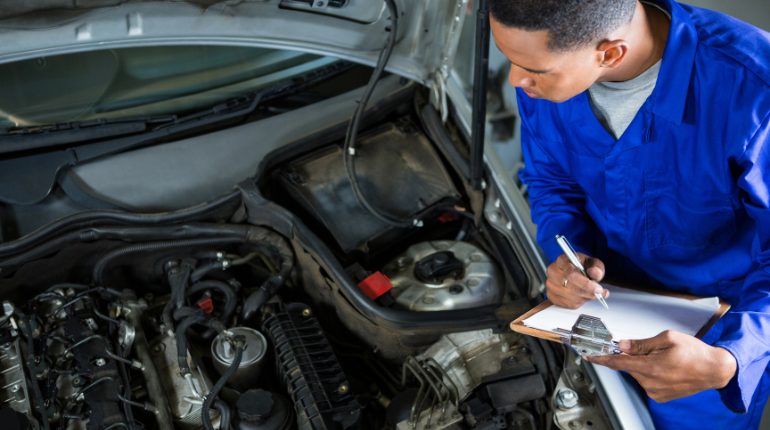
When it comes to vehicle ownership in the United Kingdom, one of the key responsibilities is ensuring that your vehicle undergoes an MOT (Ministry of Transport) test. This annual examination is essential for vehicles over three years old, assessing their safety, roadworthiness, and emissions standards. Understanding the cost and factors influencing MOT test prices is crucial for every vehicle owner. In this detailed guide, we’ll explore the intricacies of MOT testing, from its purpose to the costs involved, helping you navigate this essential aspect of vehicle ownership.
What is an MOT Test?
An MOT test, officially known as the Ministry of Transport test, is an annual examination of vehicle safety, roadworthiness aspects, and exhaust emissions required in the United Kingdom for most vehicles over three years old. The test is designed to ensure that vehicles meet the minimum safety and environmental standards set by the government.
The MOT test score, officially known as the MOT result, indicates whether a vehicle has passed or failed the test. It is not a numerical score but rather a binary outcome.
The MOT test evaluates various aspects of a vehicle’s safety, emissions, and roadworthiness. If the vehicle meets all the necessary criteria, it passes the test and receives a pass certificate. If it fails to meet one or more criteria, it fails the test and requires car body repairs to rectify the issues.
How much does an MOT test cost?
The cost of an MOT test can vary depending on several factors, including the type of vehicle being tested, the location of the test centre, and any additional services or repairs required. On average, the cost of an MOT test in the UK ranges from £30 to £54.85 for a standard car or motorcycle. However, prices can be higher for larger vehicles, such as vans or camper vans, and may also vary between test centres.
Factors affecting MOT test costs
Several factors can influence the cost of an MOT test:
Vehicle Type: The size and type of vehicle can impact the cost of the test. Larger vehicles, such as vans or camper vans, may incur higher fees due to the additional time and equipment required for the examination.
Test Centre Location: MOT test costs can vary depending on the location of the test centre. Test centres in urban areas or areas with higher operating costs may charge more for the test.
Additional Services: If your vehicle requires any additional services or repairs to pass the MOT test, such as replacing worn brake pads or repairing faulty lights, these costs will be added to the overall cost of the test.
Booking Method: Some test centres may offer discounts or special offers for booking the MOT test online or in advance, so it’s worth checking with your chosen test centre for any available deals.
How to save money on your MOT test
While the cost of an MOT test is a necessary expense for vehicle owners, there are several ways to potentially save money on the test:
- Regular Vehicle Maintenance: Keeping your vehicle well-maintained throughout the year can help reduce the likelihood of costly repairs or failures during the MOT test.
- Compare Prices: Shop around and compare prices from different MOT test centres to find the best deal. Some centres may offer discounts for new customers or special promotions.
- Book Early: Booking your MOT test well in advance can help you secure a slot at a time that suits you and may also help you take advantage of any early booking discounts.
- Combine Services: If your vehicle is due for a service as well as an MOT test, consider combining the two to save time and potentially reduce overall costs.
Conclusion
In conclusion, the cost of an MOT test in the UK can vary depending on several factors, including the type of vehicle, the location of the test centre, and any additional services or repairs required. By understanding these factors and taking steps to save money on your MOT test, you can ensure that your vehicle remains safe, roadworthy, and compliant with the law.
